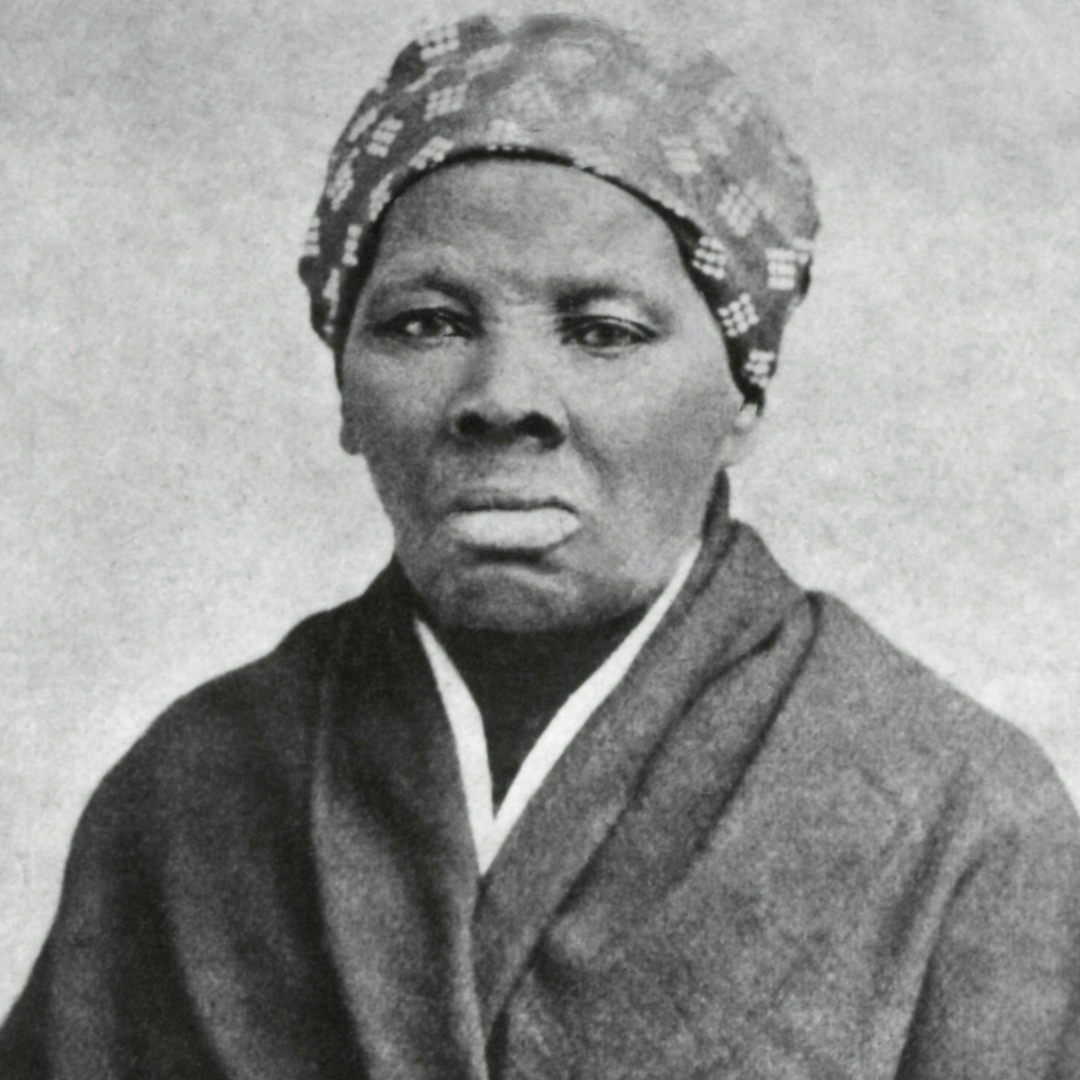Women’s History Month 2024
Women’s History Month is a month-long celebration in the United States that honors and highlights the contributions and achievements of women throughout history. It originated from the recognition of International Women’s Day, which was first celebrated in the early 1900s.
In 1980, President Jimmy Carter issued a presidential proclamation, declaring the week of March 8th as National Women’s History Week. This proclamation aimed to recognize and celebrate the countless achievements and struggles of women throughout American history. This marked the first official recognition of women’s history by the U.S. government. Following President Carter’s proclamation, the U.S. Congress passed a resolution in 1981, designating the entire month of March as Women’s History Month. This decision was made in response to the growing popularity and recognition of National Women’s History Week.
Since then, Women’s History Month has become a federally recognized commemoration, during which various organizations, schools, and communities across the country hold events, exhibits, and discussions to raise awareness and appreciation for women’s achievements. It provides an opportunity to reflect on the progress made by women, celebrate their contributions, and inspire future generations to continue the pursuit of gender equality.
Importance Of Recognizing And Celebrating Women’s Contributions To History
Recognizing and celebrating women’s contributions to history is important for several reasons. Firstly, it helps to give women the recognition they deserve for their achievements and accomplishments. Throughout history, women have made significant contributions in various fields such as science, literature, politics, and arts, but often their achievements have been overlooked or overshadowed by their male counterparts. By highlighting these contributions, we can inspire and empower future generations of women to pursue their dreams and goals. Recognizing and celebrating women’s contributions to history helps to break gender stereotypes and challenge the notion of women’s inferiority, especially in STEM subjects. It sends a powerful message that women are capable of achieving great things and should be valued and respected for their abilities. It is important to recognize and celebrate women’s contributions to history to guarantee that their stories are preserved and shared. Women’s voices and experiences have often been marginalized or silenced in traditional historical narratives. By celebrating and documenting their achievements, we can create a more inclusive and accurate depiction of history.
This is particularly important in STEM fields (Science, Technology, Engineering, and Math). According to a recent study by the National Girls Collaborative in Change: https://ngcproject.org/, while girls show equal interest in STEM subjects in elementary school, that interest often declines by high school. Having strong female role models in these fields can counteract this trend. By celebrating the achievements of women scientists, mathematicians, engineers, and technologists, we can show girls that these careers are not just possible for them, but can be incredibly rewarding.
Origins of Women’s History Month
Women’s History Month originated from the establishment of Women’s History Week, which was first celebrated in March 1980. The idea for Women’s History Week was proposed by the Education Task Force of the Sonoma County (California) Commission on the Status of Women. The goal was to increase awareness and recognition of women’s contributions to history.
In 1980, President Jimmy Carter issued a proclamation declaring the week of March 8th as National Women’s History Week. This date was significant as it coincided with International Women’s Day. President Carter highlighted the often-overlooked achievements of women throughout history and encouraged all Americans to reflect on the vital role women have played in shaping society.
The push to expand National Women’s History Week into a month-long celebration gained traction in the following years. In 1981, the U.S. Congress passed a resolution requesting the president to proclaim March 1982 as Women’s History Month. Since then, every U.S. president has issued annual proclamations recognizing March as Women’s History Month.

The legislation involved in this progression includes President Jimmy Carter’s proclamation in 1980, the U.S. Congress passing a resolution in 1981, and subsequent yearly presidential proclamations. These actions solidified the establishment of Women’s History Month, providing a dedicated time to honor and commemorate the contributions of women throughout history
Incorporating Women’s History Into The Curriculum
To incorporate women’s history into the curriculum, educators can make use of the teaching materials, online exhibits, and curriculum suggestions provided by the UFT for Women’s History Month. These resources offer an opportunity to highlight the contributions and struggles of women throughout history.
The teaching materials provided by the UFT can be integrated into lesson plans and units across various subjects. For example, in history class, educators can use these materials to explore key figures, events, and legislation related to women’s struggle for equal rights. They can discuss women’s suffrage movements, such as the Seneca Falls Convention of 1848, where key figures like Elizabeth Cady Stanton and Susan B. Anthony fought for women’s right to vote. Educators can incorporate online exhibits into their lessons. These exhibits showcase important moments in women’s history, like the passage of the 19th Amendment in 1920, granting women the right to vote.
Key Figures in Women’s History
Throughout history, women have played significant roles in shaping society and advancing the fight for equality. From political leaders to activists, writers to scientists, women have defied societal norms and pushed boundaries in their pursuit of justice and progress. This collection of key figures in women’s history highlights some of the inspiring women who have made indelible contributions to various fields and paved the way for future generations of women to follow. Their resilience, determination, and unwavering commitment to their causes have helped transform the world we live in today, empowering women and challenging systemic barriers that hindered their success. As we delve into the stories of these extraordinary women, their struggles and triumphs serve as a reminder of the power of women’s voices in reshaping history.

Elizabeth Cady Stanton
Elizabeth Cady Stanton was a key figure in the women’s suffrage movement, significantly contributing to the fight for women’s rights. Notably, she played a crucial role in organizing the historic Seneca Falls Convention in 1848. As one of the convention’s organizers, Stanton co-authored the groundbreaking Declaration of Sentiments, which demanded equal rights for women and served as a catalyst for the women’s suffrage movement. Stanton’s leadership and dedication to the cause of women’s suffrage were evident throughout her life. In 1869, she collaborated with Susan B. Anthony to form the National Woman Suffrage Association (NWSA), which aimed to secure women’s right to vote through a constitutional amendment. Stanton served as the association’s first president, further establishing her influential role as a suffrage leader.
Through her activism, Stanton championed a wide range of women’s rights issues beyond voting. She advocated for women’s economic independence, reproductive rights, and access to education. Stanton’s speeches and writings helped to shape public opinion and raise awareness about the inequalities faced by women. Elizabeth Cady Stanton’s tireless efforts and groundbreaking work were instrumental in advancing the fight for women’s suffrage and women’s rights more broadly. Her commitment and leadership continue to inspire generations of activists fighting for gender equality today.

Harriet Tubman
Harriet Tubman was a remarkable figure who made significant contributions and achieved great feats throughout her life. She is best known for her role as a leader of the Underground Railroad, helping hundreds of enslaved individuals escape to freedom. This dangerous and courageous work involved guiding fugitives through a network of safe houses and secret routes, risking her own life for the freedom of others. During the American Civil War, Tubman served as a spy for the Union Army. Her knowledge of the local geography and network of contacts proved invaluable in gathering intelligence on Confederate positions and movements. Tubman’s efforts as a spy were instrumental in the success of several Union military campaigns.
In addition to her work in helping enslaved individuals and supporting the Union Army, Tubman was also a strong advocate for women’s suffrage. She recognized that the struggle for women’s rights and equality was deeply intertwined with the fight for African American rights. Tubman actively campaigned for women’s suffrage, believing that women should have the right to vote and participate fully in society.
Harriet Tubman’s contributions and achievements as a leader of the Underground Railroad, a spy for the Union Army, and an advocate for women’s suffrage were immense. Her bravery, determination, and unwavering commitment to justice and equality continue to inspire people around the world today.

Rosa Parks
Rosa Parks was a pivotal figure in the civil rights movement, leaving an indelible impact on the fight against racial segregation in the United States. Her courageous act of defiance in 1955 ignited the civil rights movement and transformed her into an iconic figure.
On December 1, 1955, Rosa Parks refused to surrender her seat to a white passenger on a segregated bus in Montgomery, Alabama. This simple act of resistance was not only an individual act of defiance but also a collective refusal to continue enduring the oppressive system of racial segregation. Parks’ refusal to comply with the discriminatory norms of the time sparked the Montgomery Bus Boycott. The Montgomery Bus Boycott, led by civil rights leaders such as Martin Luther King Jr., lasted for 381 days and resulted in a Supreme Court ruling that declared segregation on public buses unconstitutional.
This landmark ruling not only desegregated buses but also catalyzed further civil rights advancements. Rosa Parks’ actions brought her into the limelight as an iconic figure in the fight against racial segregation. Her courage in challenging the status quo inspired countless individuals and galvanized the civil rights movement. As a symbol of resistance and determination, Rosa Parks became an emblem of hope and a reminder that change is possible.

Malala Yousafzai
Malala Yousafzai, a Pakistani activist, has lived a truly remarkable life marked by immense achievements. Born in Mingora, Pakistan in 1997, Malala became a prominent voice advocating for girls’ education. Her tireless commitment to education for all garnered international attention and earned her the prestigious Nobel Peace Prize. Malala’s fight for girls’ education gained momentum when she blogged for the BBC Urdu Service under a pseudonym at the age of 11. She courageously highlighted the challenges faced by girls in accessing education under Taliban rule. This made her a target of the Taliban, who attempted to silence her.
In 2012, Malala survived a horrific assassination attempt when a Taliban gunman shot her while she was on a bus, returning home from school. The attack was an attempt to suppress her activism, but instead, it only amplified her voice and determination. Malala continued her advocacy work with an unwavering spirit. Her story inspired a global movement in support of girls’ education, leading to the creation of the Malala Fund. This organization aims to empower girls through quality education, fighting against discrimination and injustice. Malala’s relentless efforts have not gone unnoticed. In 2014, she became the youngest-ever recipient of the Nobel Peace Prize at 17.
Malala Yousafzai’s incredible journey from a young girl in Mingora to a globally recognized Pakistani activist has left an indelible mark on the world’s fight for universal education and gender equality. Her resilience and determination in the face of adversity serve as a shining example to all, reminding us that one voice can make a significant impact toward positive change.
Women’s History Month is a significant time to recognize and celebrate the remarkable achievements of women throughout history. From leaders in the fight for suffrage like Elizabeth Cady Stanton to courageous activists like Malala Yousafzai, women have played a crucial role in shaping the world we live in today. By highlighting their stories and contributions, we can inspire future generations to continue working towards a more equitable and just society.


Leave A Comment